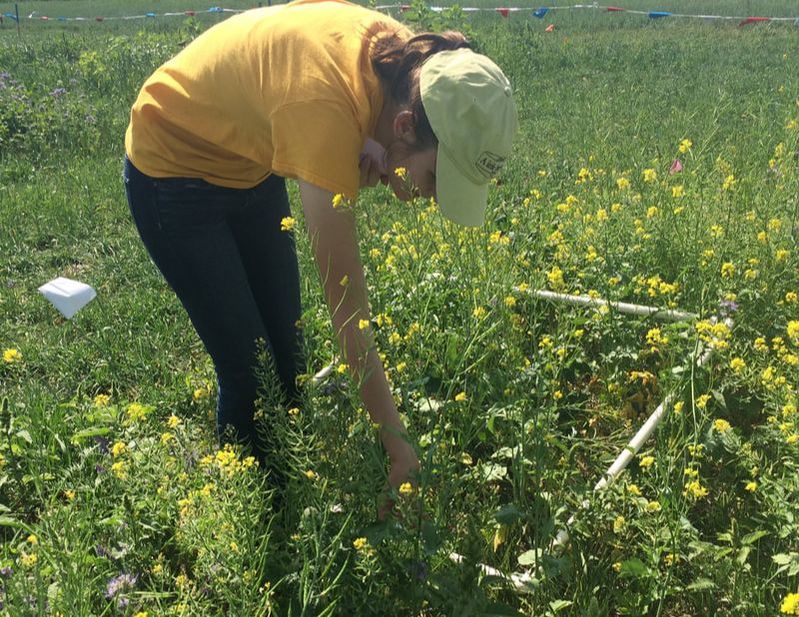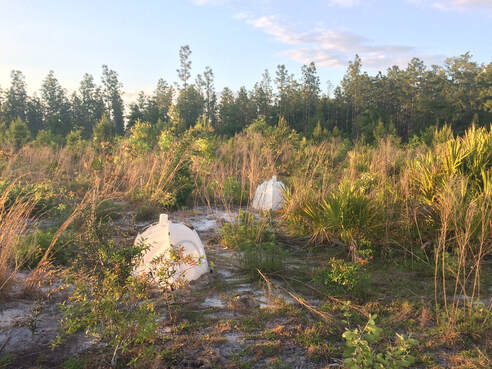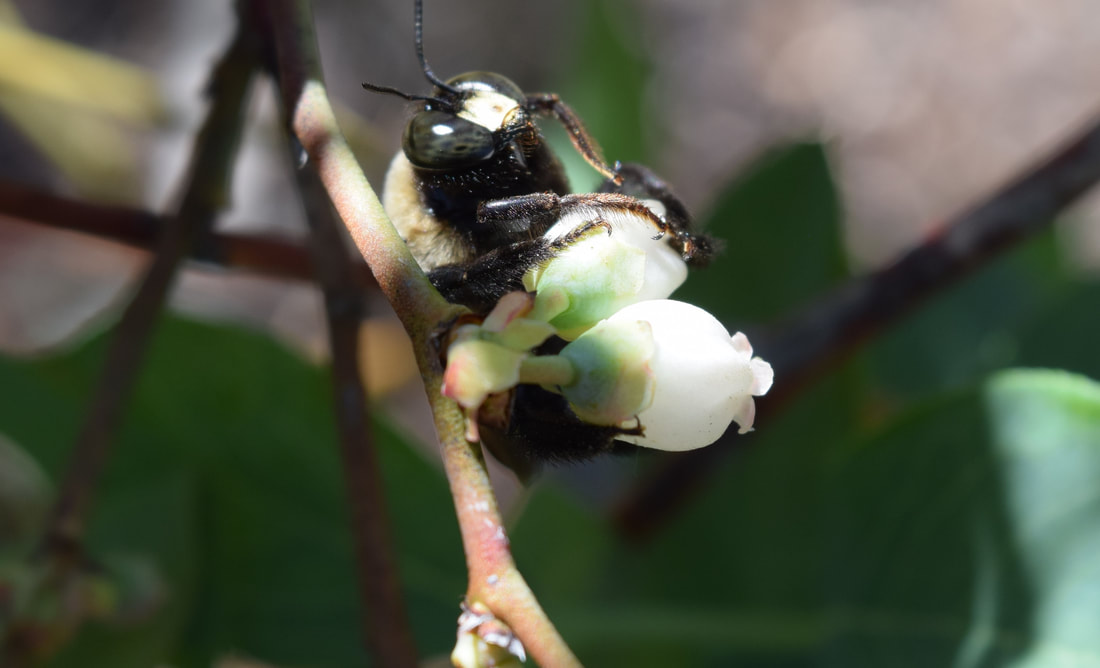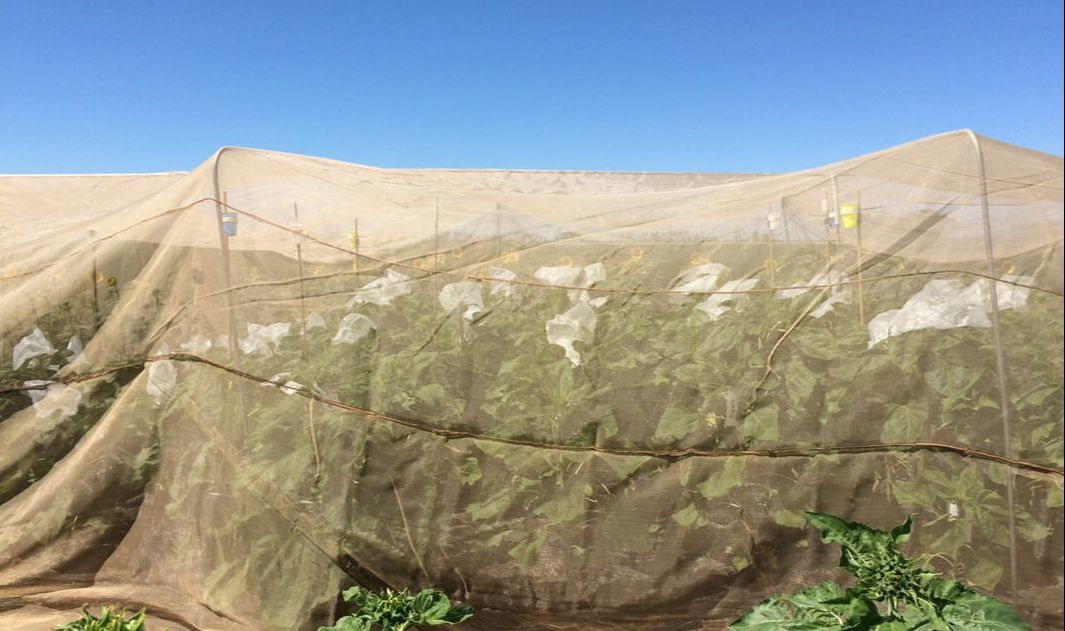A majority of Angiosperm plant species depend on animal pollinators for pollination and reproductive success, including many of our crops. Numerous factors influence pollination success including plant pollination requirements, pollinator populations, and abiotic factors that affect both the plants and pollinators. Our research in pollination ecology focuses on better understanding the factors that mediate plant-pollinator interactions, structure pollinator communities, and determine plant pollination success. Projects in our lab include, 1. Enhancing our understanding of pollinator ecology, behavior, and life history with a focus on native, wild bees, 2. Investigating the effects of disturbances and conservation efforts on pollinator communities, 3. Elucidating floral traits that drive pollinator attraction and pollination services, and 4. Determining pollination requirements, degrees of pollen limitation, and dependence on animal pollinators across different crop and wild plant species. Below are some of our ongoing research projects.
|
|
Flowering plant and bee community assembly
Bees are intimately linked to their food source, flowering plants. We are interested in exploring how floral resource availability measured at different spatial scales, from patches to landscapes, structures bee communities. Our work in this area also identifies the best plants for bees and other pollinators with the goal of informing conservation efforts. Current projects in this area include comparing resource value and attractiveness of native wildflowers and non-native ornamental plants (funded by the Jacksonville Zoo and Gardens and USDA NIFA Pollinator Health Program), investigating how invasive flowering trees impact plant-pollinator networks, and evaluating competition for floral resources between native and non-native bees.
Effects of disturbances and conservation efforts on pollinator communitiesResearch projects in this field explore pollinator community responses to disturbances and conservation efforts at the behavioral, population, and community level. We also investigate how responses vary with pollinator life-history traits, disturbance intensity, or landscape context. Current projects in this area include: examining how the timing of prescribed burns affects plant and pollinator phenology with consequences for plant pollination success, and investigating how land-use change and landscape composition influence the value of pollinator gardens for bees (funded by USDA NIFA Pollinator Health Program).
Floral traits and plant-pollinator interactionsPollinators make foraging decisions that are influenced by floral traits and rewards. Our work in this area focuses on elucidating the factors that mediate plant-pollinator interactions including the quantity and quality of floral rewards, flower morphology, and visual and olfactory cues. Currently, we are examining variation in floral traits and rewards across southern highbush blueberries and how this variation affects pollinator recruitment (funded by USDA SCRI). We also ask these questions in wild plants, including rare and threatened plant species such as Rhododendron chapmanii and Conradina etonia.
Crop pollination ecologyMany crops including fruits, nuts, and vegetables, depend on insect pollination for optimal yields. We are interested in quantifying plant pollination requirements, identifying effective pollinator species, and informing recommendations to enhance pollination including best practices for managed pollinator density, deployment, and diversity, and limiting pesticide exposure to managed bees. Currently, we are examining management decisions that can optimize pollination of blueberry crops in Florida (funded by USDA SCRI, SARE Graduate Student Grant, Southern IPM Foundation, and Florida Department of Agriculture and Consumer Services).
|



